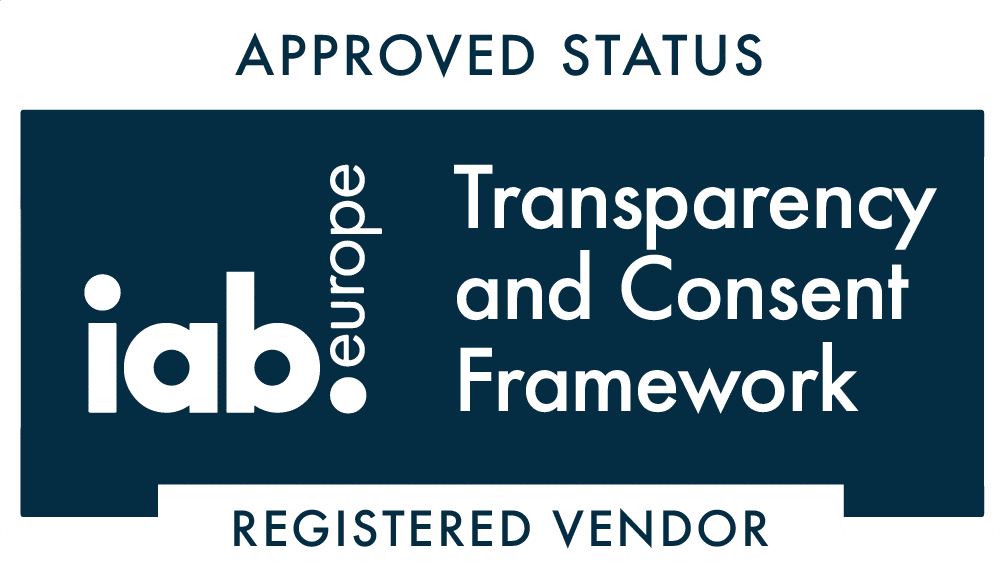This month saw the announcement, and hurried release of Apple’s ITP 2.1, the latest version incarnation of anti-tracking built into the company’s Safari Browser. Whereas early versions of ITP were seen by many as necessary, if somewhat inconvenient, ITP 2.1 is posing more serious issues for site owners. As is often the case, those relying on ad income will be hit the hardest.
What is Apple ITP?
Intelligent Tracking Prevention, or ITP, is Apple’s initiative to prevent ad tracking in the Safari browser. Depending on your viewpoint, the system is either designed to improve user privacy or to hurt ad funded rivals (ie Google). It currently focuses on blocking Cookies and has historically come down hardest on third-party cookies. This is an issue for the global ad industry (and those who rely on it), as online ads rely heavily on third party cookies.
Whilst the use of third party cookies in advertising wasn’t all bad (they also ensure that users are served less irrelevant ads and stop the same ads being shown over and over), better control over third party cookies arguably did more good than bad.
How is ITP 2.1 different?
ITP 2.1 is the fourth release of Intelligent Tracking Prevention. Each release has punctuated a cycle of cat and mouse activity between Apple and the companies who support an ad-funded internet. The major difference in this release is that most Cookies set via JavasScript expire after just 7 days. (Readers looking for a more in-depth explanation would do well to read this excellent post by ClearCode)
This will be very problematic for targeted ads. Unless a workaround is applied, advertising will effectively see a new user after 7 days. The changes will not just affect advertising though and other systems reliant on cookies for tracking (including Analytics) will be impacted.
What does ITP 2.1 mean for publishers?
In the short term this is likely to mean a drop in yield from Safari users. Medium term we may seen changes in advertiser bidding strategies or even a technical response to offset the problem, but both remain to be seen.
In the longer term it does seem that the future will continue to be difficult to for advertising Cookie. Firefox have promised their own ITP-like feature or other privacy focused browsers continue to appear. Google’s blinding strategic move or gaining browser dominance through Chrome will protect it’s standing for a while yet, but privacy legislation in both Europe and America are also putting the cookie under increasing pressure.






